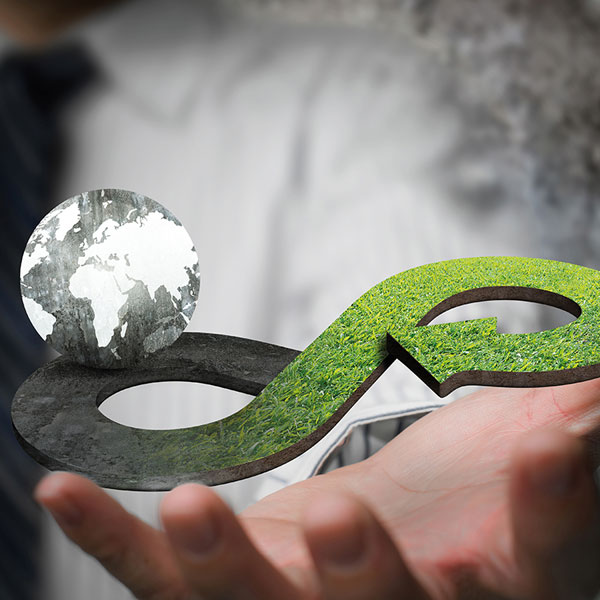Comment by Dr John Williams, Chief Technology Officer, Aquapak, the speciality polymers business which develops innovative materials enabling the circular economy
For many years the waste industry has regarded the recycling problem as mainly logistical rather than a real opportunity to create value out of recycled materials. When it comes to plastics recycling where the waste presentation is much more complex in comparison to materials such as metal and glass, the situation hasn’t really changed.

Yes, there are better and more convenient recycling facilities on our doorsteps and a strong rhetoric from the industry, but apart from a few niche areas, there has been very little innovation and a significant lack of investment to really help solve the global plastic problem.
When it comes to plastics, the waste industry cites the complicated nature of the problem, often blaming the material and packaging designers for creating complex materials, forgetting the market drivers on consumer choice and convenience which necessitate this complexity. They have also put the emphasis on consumers as the end-user to increase their recycling efforts, rather than acknowledging that they need to join the party and play a far greater role in getting to grips with the issue once and for all.
The irony is that although many materials which use plastics are complex, the sorting and separating technology needed to recycle them does exist. But it isn’t being adopted at any great pace. Why? It is expensive and needs significant investment to bring it into the mainstream. It is the waste companies contracted to the local authorities and others who have the potential to modernise our creaking recycling infrastructure and create a value proposition which will make the circular economy viable reality.
Until this happens, brands, retailers and producers who are all under pressure from an increasing amount of regulatory legislation including plastic taxes, the absolute requirement of packaging functionality and now meaningful end of use claims which requires the waste sector business model to change to refining and unlocking value and not simply the logistical model of finding the most convenient method of disposal. Ironically, this approach makes the uptake of new materials which not only have the necessary functionality and more flexibility at end of primary use more difficult as they are regarded as another layer of complexity, rather than a solution.
The game can be changed, and the complicated problem solved because the technologies exist to do so. Now is the time for the waste companies to play their part and invest in the circular economy otherwise we won’t get one.



